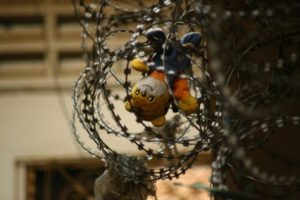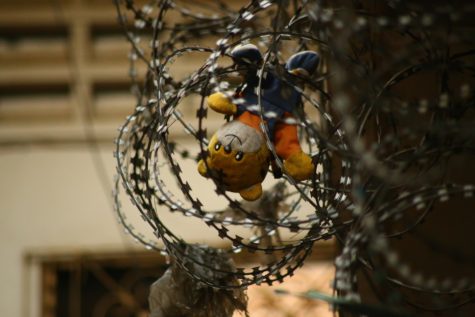PHILADELPHIA — Teens who find themselves needing naps after school on a daily basis may be more likely to become a violent criminal later in life, a new study finds.
Previous studies had found that teenagers who reported lethargy midday were more likely to engage in adverse behaviors such as lying, cheating, fighting, and stealing. Using data collected almost four decades ago, however, researchers from the University of Pennsylvania and University of York in England were able to find a more surprising correlation: those who experienced daytime sleepiness as teens were 4.5 times more likely to be criminal offenders about 15 years later.

“A lot of the prior research focused on sleep problems, but in our study we measured, very simply, how drowsy the child is during the day,” explains Adrian Raine, the study’s co-author, in a university release. Raine believes the study is the first of its kind to draw a correlation between sleepy teens and crime years later.
The exact data that the researchers used was derived from a study conducted on 101 15-year-old boys enrolled in secondary school in Great Britain. During an afternoon lab session, each participant was asked to rate their sleepiness on a seven-point scale, both at the session’s beginning and end.
To more empirically gauge lethargy, the students also had their brainwave activity and sweat-rate responses to stimuli examined. Lastly, any anti-social behavior was documented, whether it was self-reported or noted by a teacher.
“There are kids who don’t really want to talk about their anti-social behavior, and that’s where the teacher reports really come in handy,” says Raine. “Actually, the teacher and child reports correlated quite well in this study, which is not usual. Often, what the teacher says, what the parent says, what the child says — it’s usually three different stories.”
Present day, Raine was able to look into the records of the 101 students. He found that 17 percent had been convicted of a serious offense— such crimes included violent acts and illegal acts against property.
How does Raine explains the causal link? “Daytime drowsiness is associated with poor attention,” he says. “Take poor attention as a proxy for poor brain function. If you’ve got poor brain functioning, you’re more likely to be criminal.”
While the researchers have emphasized that not all drowsy and anti-social teens become criminals, they’re more likely predisposed.
The researchers published their findings in the Journal of Child Psychology and Psychiatry.

You do sound exceptional.